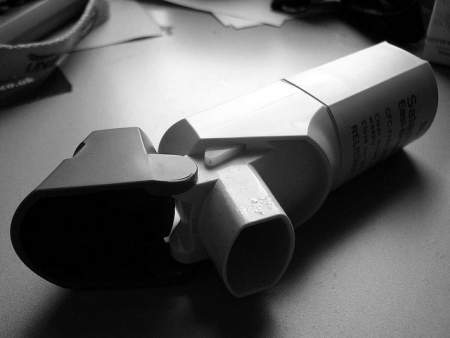Are your allergies getting worse when it rains? You’re not alone.

According to researchers, within 24 hours of thunderstorms there was 3 percent increase in serious asthmatic attacks.
Warner Carr, an allergist at American College of Allergy and Asthma says that people with allergic reaction will experience increase in symptoms in or after rain.
Further experts say, this doesn’t mean that you’re allergic to rain water. People are sensitive to various substances; dust mites, animal dander, mold and pollen are prominent factors that flare-up environmental allergies.
But, why does my asthma get worse when it rains?
As mention above you’re allergic to rain that you experience thunderstorm asthma.
According to a journal, pollen and mold particles that are too big to enter into your lungs get broken by thunderstorm. By this they easily enter your lungs through nose. This is the reason, why some people may experience asthma even if he/she never had it before. (Source: Mercola.com)
Another reports state that thunderstorm makes these tiny pollen and mold particles sticky and thus will trouble once you inhale them.
A study was carried out to check if your mind can cause asthma. People with asthma are divided into two groups and both were exposed to harmless odor.
One group was informed that they are been exposed to some harmful odor and other group know that it’s harmless.
Surprisingly, first group who though that the odor may trigger allergic reaction, actually experience mild signs.
So, even your mind set can trigger asthma.
Stay indoors while raining to avoid unnecessary exposure to pollen and other allergens. Also carry emergency medication prescribed by the allergist.
Why Allergies Flare up when it Rains?
Soil gets enough water with rain and you might have seen many unwanted grass grow. As trees, plants grow and start flowering, pollen also increases.
So with increase in wind these pollen particles travel all the way to your body and trigger allergic reaction.
Likewise, mold grows with rain and when a hypersensitive person inhales them. Asthma or other allergic symptoms can be experienced.
With sudden change in temperature, allergies find favorable condition. So you may experience allergic reaction while raining. Skin rashes, itching and respiratory issues can be seen.
While raining pollen, dust and other irritants are stopped by water. But, after rain stops, these allergens revert with intense action. So, some of you may not experience allergic reaction while raining, but within couple of days after rain allergic signs can be seen.
How to Deal with Allergies In or After Rain?
First you must diagnose to determine the allergen. Once the allergen is confirmed by skin-prick test, you must avoid exposing yourself to it.
Stay indoors and avoid unnecessary going if you’ve pollen allergy. You also try home remedies to avoid or reduce acute or mild allergic symptoms. If you’ve ever experienced thunderstorm asthma, then consult doctor immediately.

